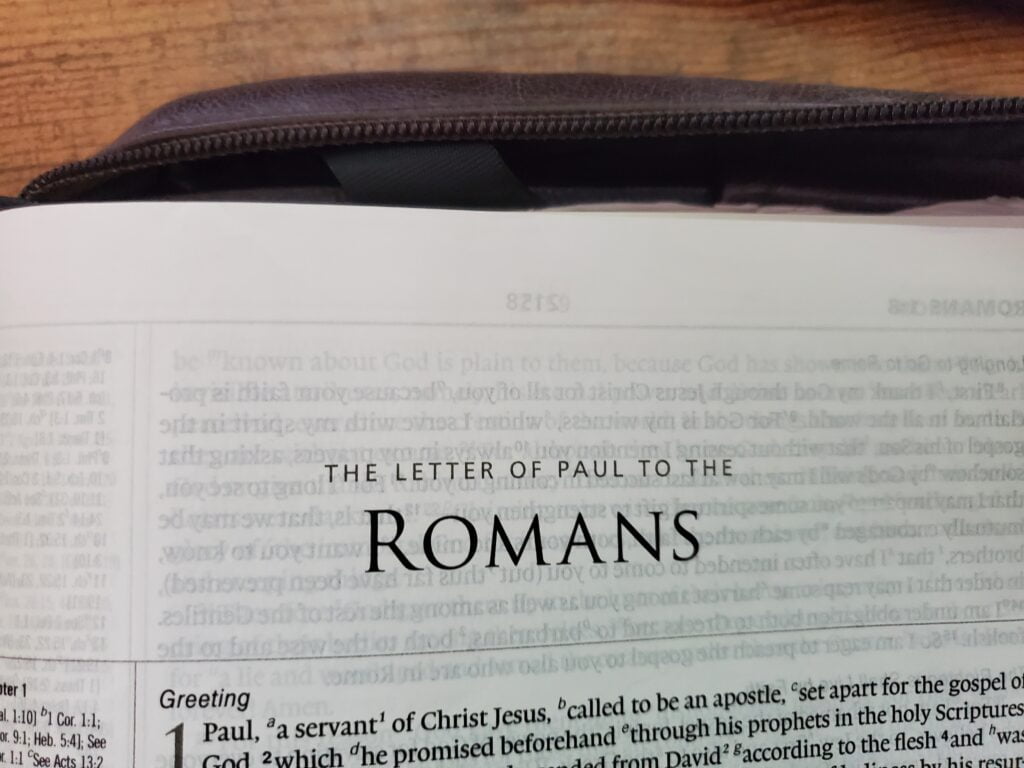⏱️ Estimated Reading Time: 3 min read
Romans 9:19-20, “19 You will say to me then, “Why does he still find fault? For who can resist his will?” 20 But who are you, O man, to answer back to God? Will what is molded say to its molder, “Why have you made me like this?”
Further evidence that Paul affirms that our election to salvation is based entirely on the good pleasure of God’s will is found in today’s passage, which features yet another question that the Apostle knows his teaching will prompt in the minds of his readers. Yesterday, we noted that if Paul were affirming that God’s election is based on His foreknowing the individual’s response of faith, no one would doubt divine justice. After all, what would seem unjust about the Lord’s making faith a condition for salvation and then choosing only those who meet that condition? The question of justice only comes up if God seems to have no discernible reason for electing some to salvation and not others (Rom. 9:14). Of course, Paul affirms that the Lord has His reasons for choosing His elect, and this reason is ultimately the good pleasure of His will (vv. 15-16, 18). That does not answer all our questions, but it tells us that election is not grounded in what we do. It also indicates that God’s choice is not arbitrary. Our most holy Creator is a God of purpose (Prov. 16:4; Eph. 1:11). He has reasons—good reasons—for everything that He does. We can be confident that the Lord’s choice to save some and leave others in their sin is not made on a whim, even though He has not revealed all His reasons for choosing those whom He does for redemption.
In Romans 9:19-20a, Paul takes up God’s choice to not save certain people. Many people affirm single predestination to salvation without confessing double predestination, which says the Lord predestines some to damnation while predestining others to salvation. The Apostle, however, will not allow us to affirm only single predestination. He has already said that God not only softens hearts for salvation, but He also hardens them in judgment. The Lord’s hardening of hearts—the confirmation of rebellious hearts in their rebellion so that they do not repent—is likewise grounded in His will (vv. 17-18). This raises concerns about the Lord’s justice that are similar to those found in verse 14, but Paul is much harsher on the questioner of verse 19 because the one to whom he responds is not looking for clarification; he is essentially charging the Lord with moral responsibility for damnation (v. 19). Paul knows the teaching on reprobation is difficult, and he knows that some will take it as a reason to blame God that some people end up in hell. Such a charge views the Lord’s election to salvation as parallel in every respect to His leaving some for damnation, but as we will see tomorrow, election and reprobation are quite different.
Coram Deo
In his comments on today’s passage in his commentary Romans, Dr. R.C. Sproul notes that to charge God with wrongdoing as we question Him is to commit blasphemy. There is an appropriate way to ask questions of the Lord, but we are blasphemous if we charge Him with wrongdoing or demand that He answer our questions to our full and complete satisfaction. Let us remember that we are creatures and have no right to do either of those things.
Answering Back to God, Copyright (2021), Ligonier Ministries.



